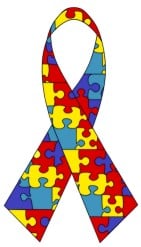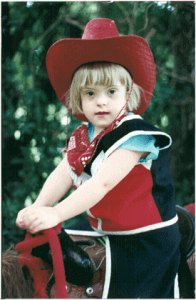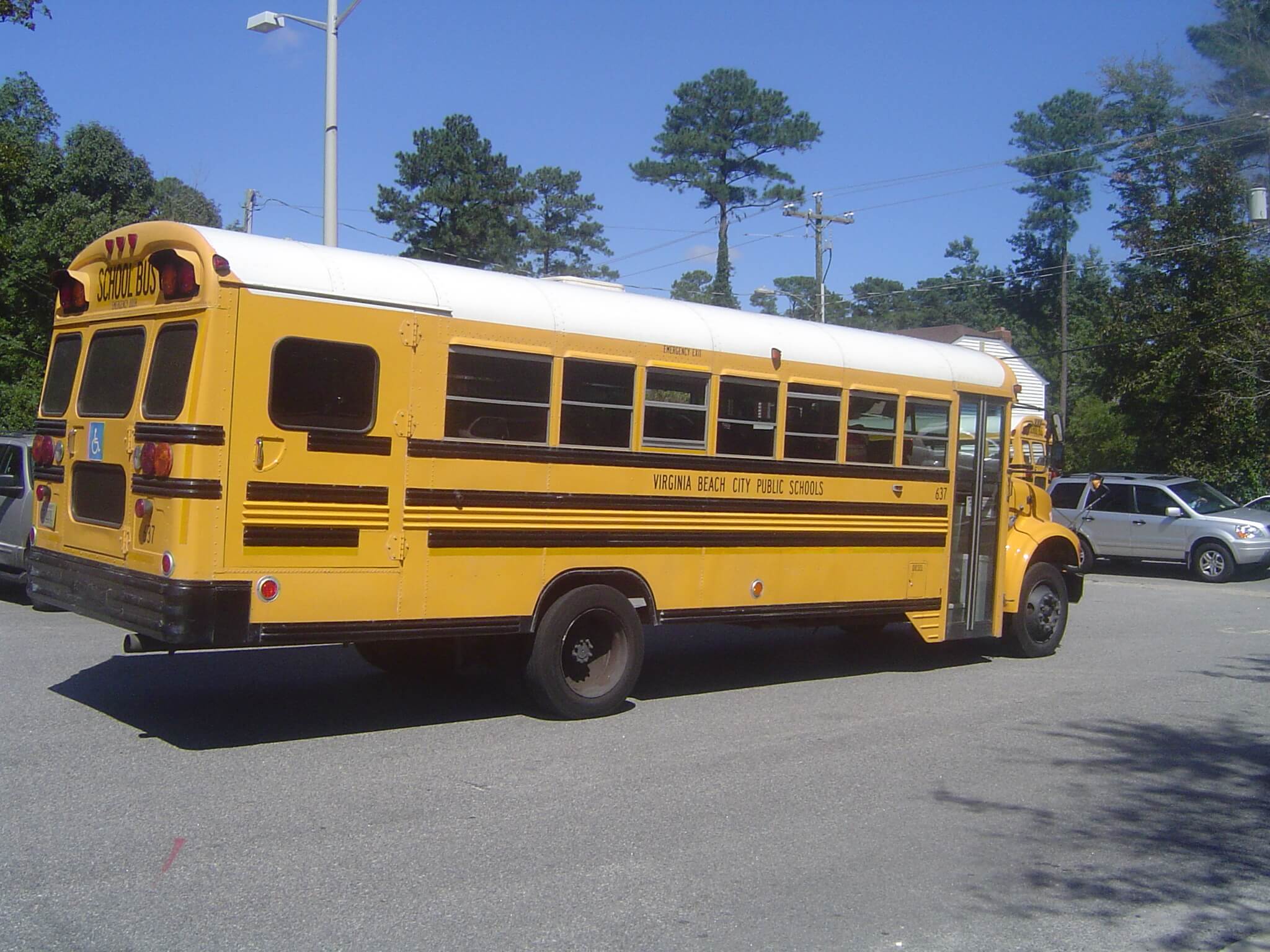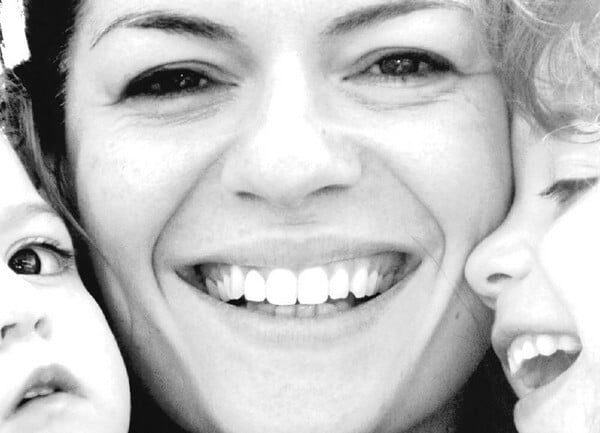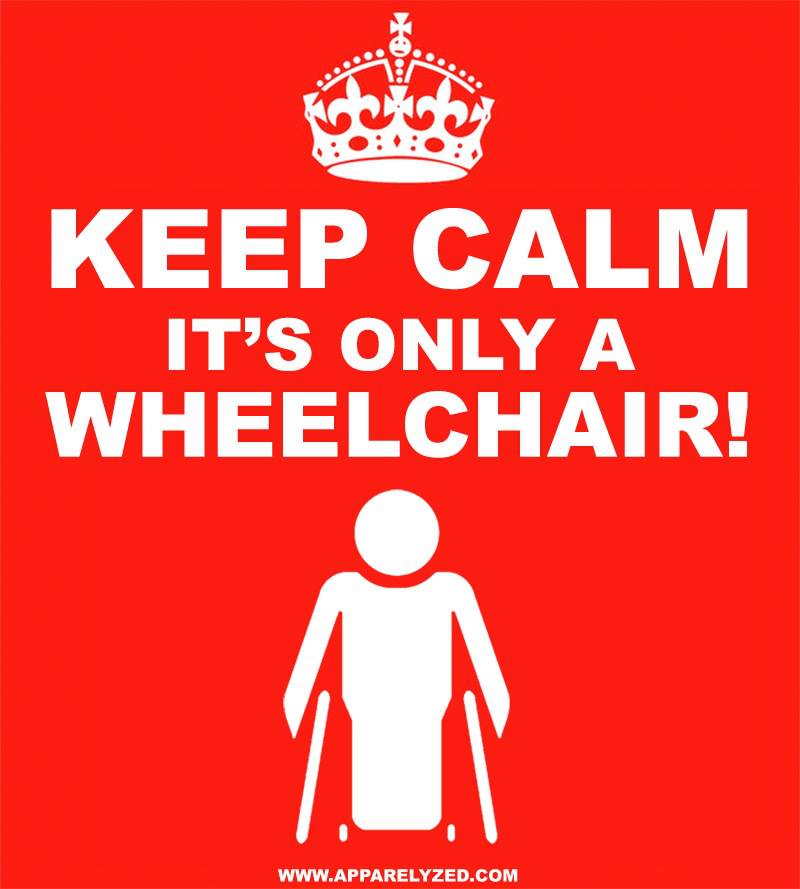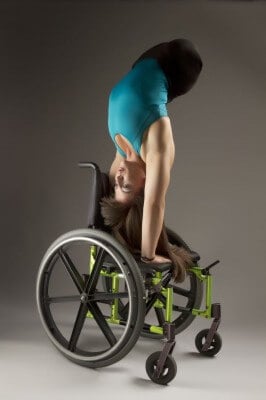The Mobility Resource Blog
Parenting
Why Peer Interaction Proves Crucial To Students With Autism
If your son, daughter, or student falls on the autism spectrum, you most likely realize the difficulties peer interaction can bring. For instance a student with autism may use a side entry at school to enter and leave so he or she can avoid large crowds. While such strategies get everyone through the day without incident, the students with autism lose the chances to learn important peer interaction skills.
Do’s And Don’ts When Witnessing A Disabled Child Having A Meltdown
Cerebral palsy, autism, cognitive disabilities, speech and language difficulties, the list could go on. These disabilities may not be as visible to onlookers as others.
A Mother’s Story: How Down Syndrome Changed My Life And Helped Me Find My Purpose
Do you believe you were born for a purpose? I believe we all have several things to accomplish in our lives. I wanted to be a Mom since I was a little girl. I got married in 1982 and 31 years later, we are still a good team.
5 Tips for Coaching your Child with a Disability
Coaching your own kiddo can be tricky business. Whether you are your child’s primary coach, or you are the coach at meets, I hope these ideas will be helpful. Here are five tips that have helped us, but we are still figuring this out and would love to hear what has been helpful for others.
Parents: 5 Ways to Better Advocate for Your Child During the IEP Process
Parents, I acknowledge the difficult position the IEP process puts you in. I didn’t always, but time brings maturity. You fight with the school on your child’s behalf while at the same time you could find yourself fighting with your child, especially tweens and teenagers. Trying the following strategies should help give you an edge against difficult school officials and also avoid family fighting.
10 Things Every Parent Should Teach Their Kids About Disabilities
Parents are all over the board when it comes to how they teach their kids about disabilities. Some scold their kids when they ask what’s wrong when a person with a disability passes by, and other parents are totally cool with letting their kids run around and approach us at will. No two parenting techniques are alike.
A Life Lesson About People With Disabilities For Parents Everywhere
Since becoming a quadriplegic three years ago, I have quickly learned that people don’t know a whole lot about the disability community. When you’re uneducated about something, I think it’s normal to feel uncomfortable with it. Maybe even afraid of it.
Jen Bricker: My Mother’s Courage Let Me Blossom
Every memory from my childhood of my mom is happy, loving, warm, caring, compassionate and all around genuine. When I was growing up, I didn’t realize that all moms are not as dedicated to their children as mine was. I thought everyone’s mom baked cakes and cupcakes on birthdays or special occasions. I thought everyone’s mom made time to be at every single event, no matter how big or small. I thought everyone’s mom could sew and was the best cook around.
20 Things Every Parent of Kids with Special Needs Should Hear
There may not be anyone else with the same constellation of symptoms as your child but there are people with similar challenges. Find those people. I have never met anyone with all of these same challenges as my kid but I have a strong network within each separate diagnosis. We have made wonderful friends and have found — and I hope provided — a great deal of support within each of these. I just have to pop onto one of my Facebook groups and I’m immediately reminded, I’m not alone.
7 Thoughts about Parenting the Sibling with Typical Needs
I have two beautiful, talented, loving children. They have their own strengths and their own needs. They are different in so many ways but also share many similarities. My daughter is a typically developing, spit-fire of a preschooler.
- 1
- 2

